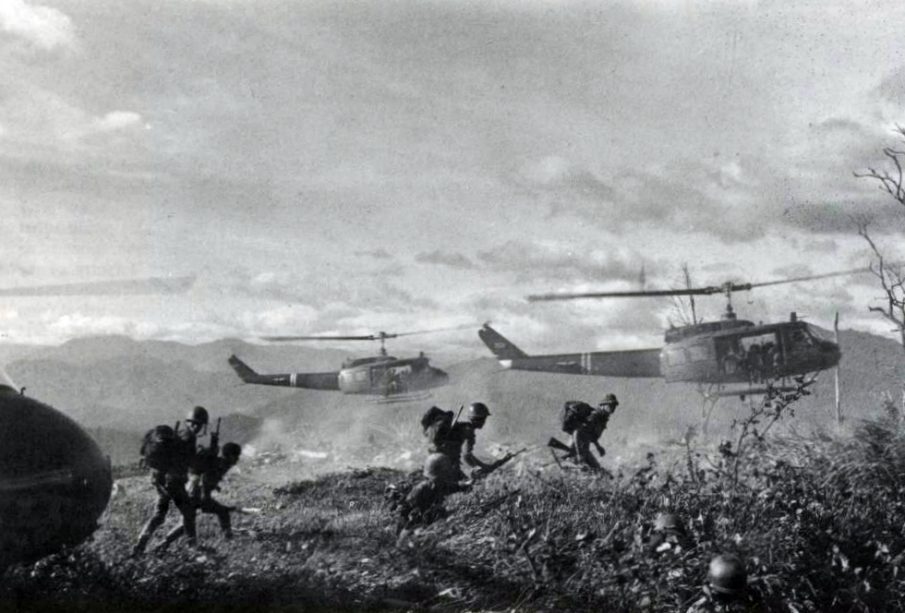The Vietnam War: A Historical Perspective on Conflict and Change

Introduction
The Vietnam War, occurring from November 1, 1955, to April 30, 1975, remains one of the most significant conflicts in modern history. It involved a brutal struggle between North Vietnam, supported by Communist allies, and South Vietnam, backed primarily by the United States and other anti-Communist nations. Understanding the Vietnam War is crucial, as it shaped U.S. foreign policy and significantly impacted global geopolitics, military strategy, and public opinion towards war.
Key Events and Developments
The war’s early years began with U.S. involvement in support of the French colonial efforts and escalated after the Gulf of Tonkin Incident in 1964, which led to Congress authorising military action. By 1969, U.S. troop numbers peaked at over 500,000. Key events such as the Tet Offensive in 1968 showcased the resilience of the Viet Cong forces and significantly swayed public perception in the United States, turning more citizens against the war.
Throughout the 1970s, the conflict continued to intensify, leading to widespread protests across the United States. The Kent State shootings in 1970, where four students were killed during a protest against the war, highlighted the public’s growing dissent and deep division within American society.
Consequences and Legacy
The Vietnam War officially ended with the fall of Saigon to North Vietnamese forces in 1975. The consequences were profound: Vietnam was unified under communist control, and the U.S. faced a crisis of confidence, leading to a more cautious foreign policy approach in subsequent decades. The war resulted in millions of Vietnamese deaths and exposed the limitations of U.S. military power, sparking debates about military intervention that continue to this day.
Conclusion
The Vietnam War serves as a poignant reminder of the complexities of global conflict and its far-reaching effects on society and international relations. As we continue to reflect on this period in history, it is vital for current and future generations to learn from the mistakes of the past. The lessons of the Vietnam War remain relevant, shaping discussions around U.S. military engagements and foreign policy decisions well into the 21st century. Understanding this pivotal conflict is essential for grasping the challenges our world faces today.









